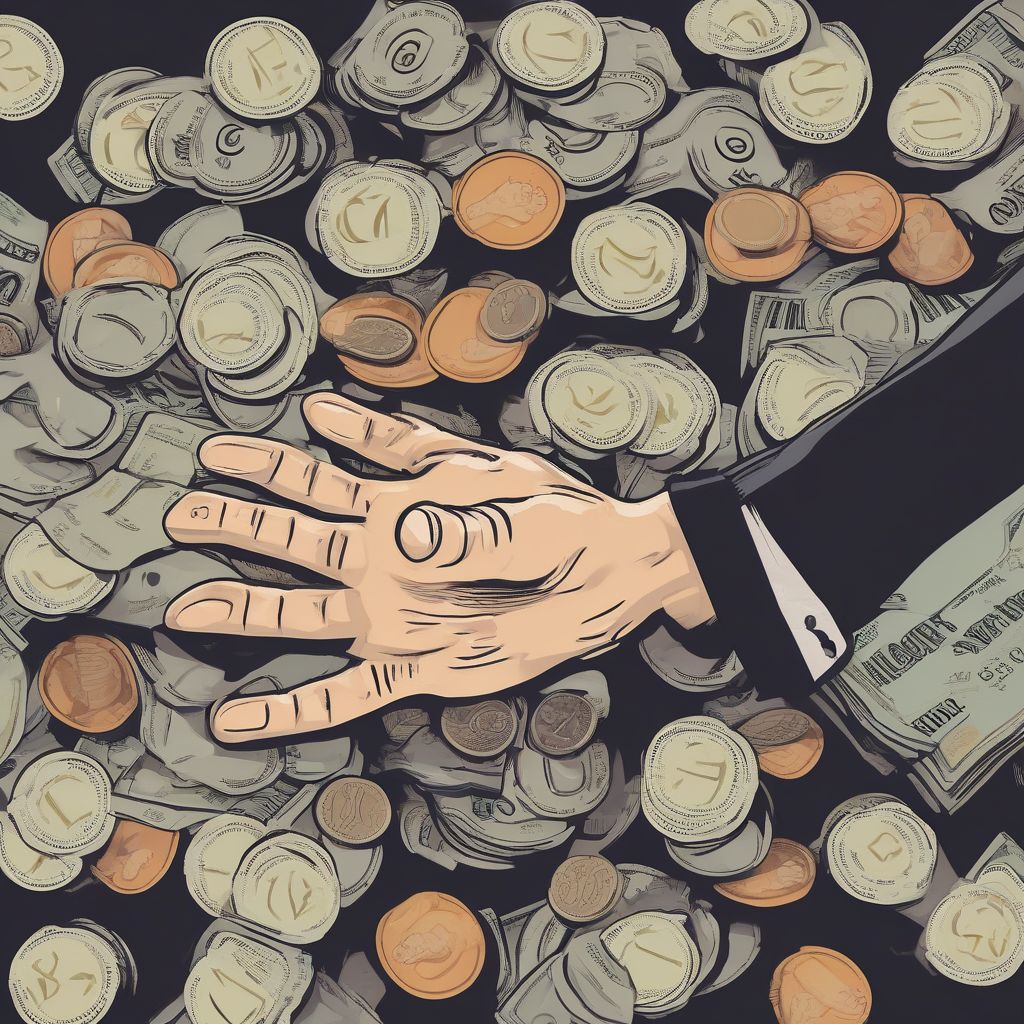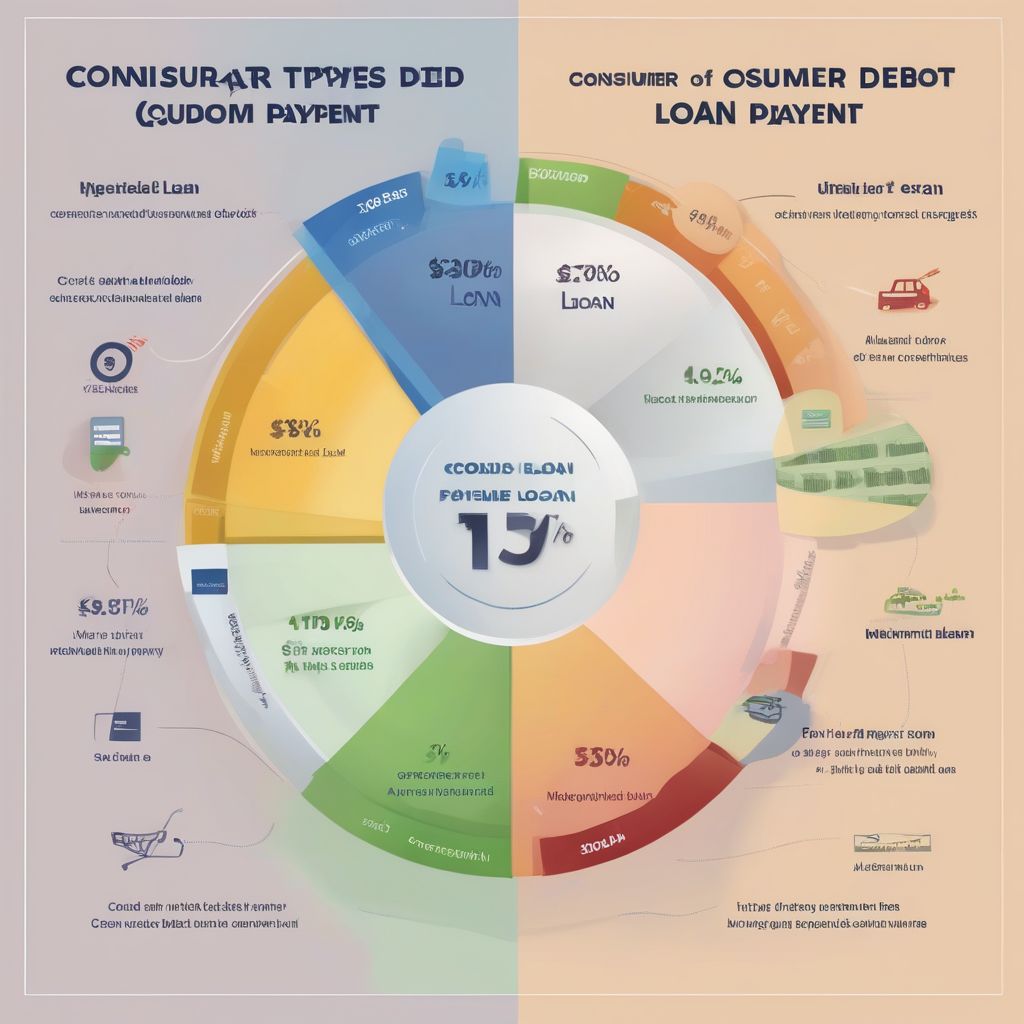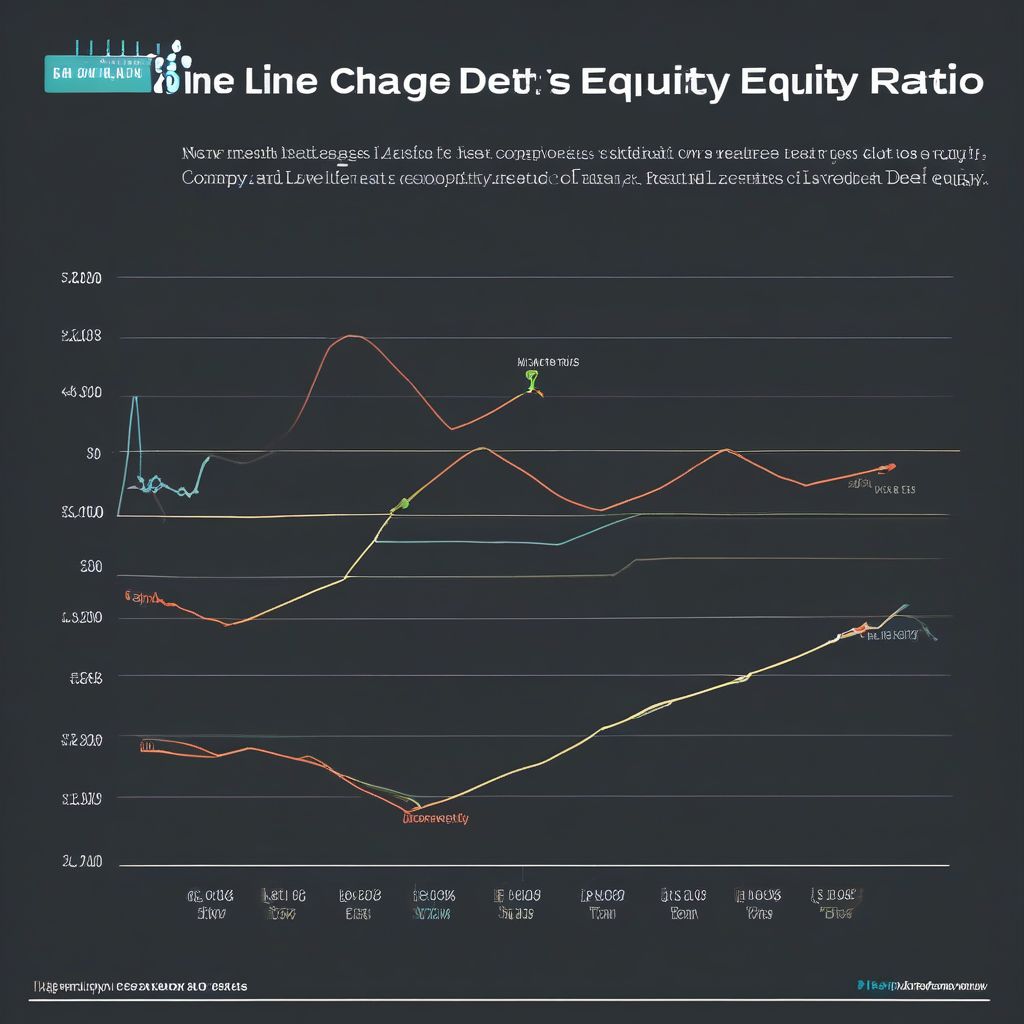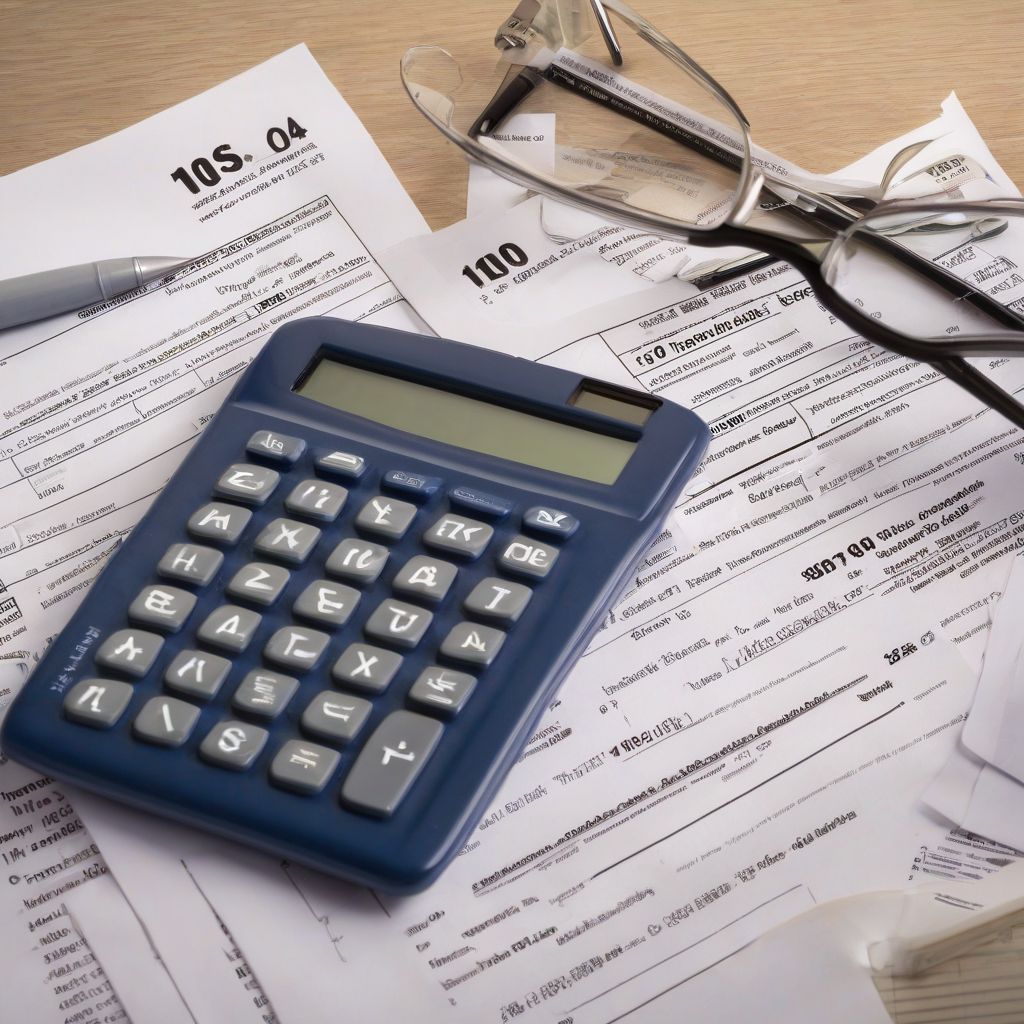In the realm of personal finance, credit cards have become ubiquitous, offering convenience and flexibility. However, with this convenience comes the potential for debt accumulation. One question that often arises among individuals grappling with credit card debt is: “sonneriesvip.com/can-you-be-jailed-for-credit-card-debt/">Can You Be Jailed For Credit Card Debt?”. This article delves into this frequently misunderstood aspect of debt, exploring the legal ramifications and dispelling common myths.
Understanding Credit Card Debt and Legal Obligations
Credit card debt is classified as civil debt, arising from contractual agreements between a borrower and a lender (typically a financial institution). When you use your credit card, you’re essentially agreeing to repay the borrowed amount, along with any applicable interest and fees, as outlined in the cardholder agreement.
Debunking the Myth: No Jail Time for Credit Card Debt
The notion that you can be imprisoned solely for being unable to repay credit card debt is a misconception. In most jurisdictions, including the United States, it is illegal to imprison individuals for failing to fulfill a contractual obligation like repaying debt.
So, Why Does This Myth Persist?
The misconception likely stems from a conflation of civil and criminal law. While failure to repay debt falls under civil law, there are instances where debtors might face criminal charges, though not directly related to the debt itself.
Let’s examine some scenarios that might lead to legal trouble:
- Fraudulent Use of Credit Cards: Using a credit card to make purchases with no intention of repayment constitutes fraud, a criminal offense that can lead to fines and imprisonment.
- Writing Bad Checks: If you write a check to pay off a credit card bill knowing there are insufficient funds, it can be considered a form of check fraud, potentially leading to criminal charges.
- Ignoring Court Orders: While you won’t be jailed for the debt itself, ignoring court orders related to debt collection can result in contempt of court charges, which can carry penalties including jail time.
Debt Collection Practices: What to Expect
When credit card debt goes unpaid, creditors will typically employ various debt collection strategies to recover their funds. It’s crucial to understand your rights as a debtor and be aware of the legal boundaries that creditors must operate within.
Common Debt Collection Methods:
- Contact from Creditors: Expect calls and letters from the credit card issuer attempting to collect the debt.
- Debt Collection Agencies: Creditors may assign the debt to a third-party collection agency, who will then contact you for repayment.
- Legal Action: In some cases, creditors might pursue legal action to recover the debt. This can involve filing a lawsuit, which could lead to a judgment against you.
Your Rights as a Debtor:
- Fair Debt Collection Practices Act (FDCPA): In the U.S., the FDCPA protects consumers from abusive debt collection practices. This includes harassment, false statements, and unfair threats.
- Negotiation: You have the right to negotiate with creditors for a payment plan or settlement.
- Statute of Limitations: Keep in mind that there’s a statute of limitations on debt collection, which varies by state and type of debt.
Seeking Professional Guidance
Navigating the complexities of debt can be overwhelming. If you’re facing significant credit card debt, seeking professional advice from a financial advisor or a credit counseling agency can provide valuable guidance and help you explore potential solutions tailored to your circumstances.
Conclusion
While the prospect of jail time for credit card debt is a myth, it’s crucial to approach debt responsibly and understand your legal obligations. Open communication with creditors, awareness of your rights, and proactive debt management are key to avoiding potential legal pitfalls and achieving financial well-being. Remember, knowledge is power, and staying informed about your financial obligations can empower you to make sound decisions and maintain a healthy financial future.




